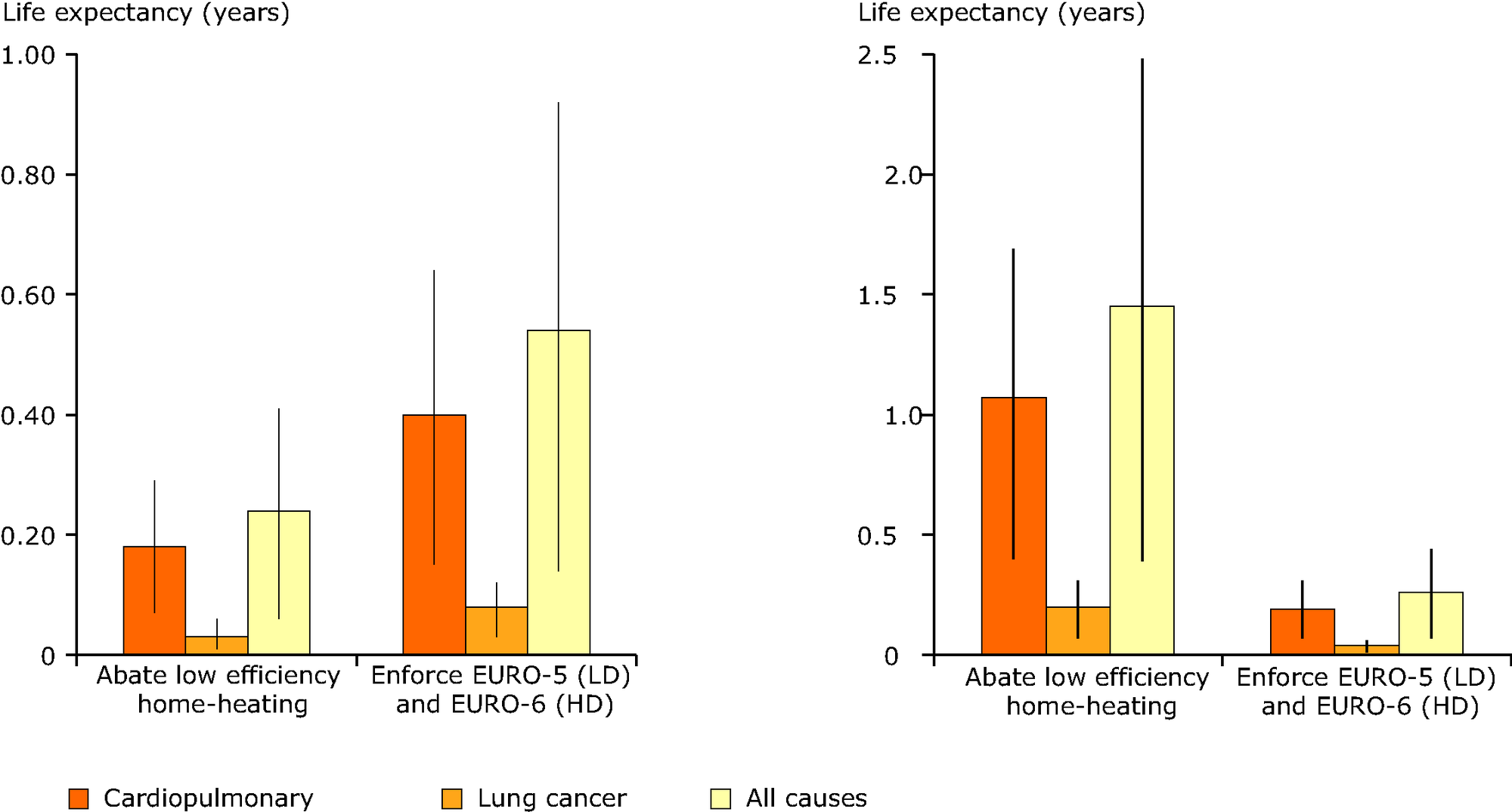
Vegetarians have lower calories than meat-eaters. This is a good thing, but it also makes vegans more nutritious. If you are pregnant, nursing, or have very small children, you may need extra vitamin B-12, iron, and folic acid. Vegans may have difficulty getting enough fiber. These potential negatives are negligible.
Research has shown that vegetarians have a higher blood sugar level and are less likely to develop diabetes. This diet is especially beneficial for people with high cholesterol. It is important to note that vegetarianism is not recommended for those with certain medical conditions. You should consult your doctor before you begin to incorporate it into your daily life. This diet is not only for vegetarians. A vegan diet has several advantages.

Vegetarians have a lower risk of developing heart disease. Vegetarians have a lower chance of developing diabetes and are less likely to develop cardiovascular disease. Although vegetarians are not immune to lactose intolerance, they are more likely to consume dairy products in small amounts. They are also more likely to consume a higher amount of folate, which can be useful for preventing age-related vision problems. Veganism is also more sustainable for the environment. It uses fewer natural resources, which means it has less environmental impact.
Vegetarians are less likely to develop cancer and cardiovascular disease than meat-eaters. They also have lower blood sugar levels. A vegetarian diet can help prevent diabetes by improving the body's ability to regulate blood sugar levels. It stabilizes blood sugar levels in the long run and may help prevent diabetes. Six studies have shown that a vegetarian diet might improve blood glucose control. It also lowers the risk for cardiovascular disease by 5 percent.
Vegetarians still have the option to eat meat and dairy products. Some nutrients are missing from a vegetarian diet. Omega-3 fatty acids are found in meat and dairy products. These are essential for health. They are also rich in fiber, phytochemicals and minerals. Vegetarians have the ability to experience increased energy levels, and lower inflammation. Therefore, a vegetarian diet can also help you save money.

Vegetarians may have a lower risk of colon cancer. Because meat lacks fibers, it may be less common for vegetarians to get colon cancer. If you have a family and want to avoid meat, then a vegetarian diet may be an option. Ordering a meal delivery service can be a good option. A dietitian can be a great resource for support and advice. A healthy vegetarian diet can help busy parents make better long-term decisions.
FAQ
What's the best diet?
There are many factors that influence the best diet, including your gender, age, weight, health condition, lifestyle, and personal preferences. You also need to consider how much energy you expend during exercise, whether you prefer low-calorie foods, and if you enjoy eating fruits and vegetables.
Intermittent Fasting is an alternative to traditional fasting if you are looking to lose weight. Intermittent fasting is a way to eat only certain meals during the day instead of three large meals. This may be a better option than traditional diets with daily calorie counts.
Studies have shown that intermittent fasting can improve insulin sensitivity and decrease inflammation. This could lead to improved blood sugar levels, and a lower risk of developing diabetes. Other research suggests that intermittent fasting may promote fat loss and improve overall body composition.
Why does weight change as we age?
How do I know if my bodyweight changes?
Weight loss occurs when there is less fat than muscle mass. This means that the amount of calories consumed must exceed the amount of energy used daily. Activity levels are the most common reason for weight loss. Others include pregnancy, hormonal imbalances or certain medications. A person who has more fat than their muscle mass will experience weight gain. It occurs when people eat more calories than what they use in a given day. Common reasons include overeating, increased physical activity, and hormonal changes.
Our bodies lose weight mainly because we eat less calories that we burn. The main reason we lose weight is because we exercise more often. This increases our metabolism rate and burns more calories each day. However, this doesn't mean that we'll necessarily get thinner; what matters is whether or not we're losing fat or gaining muscle. We will lose weight if we burn more calories than we consume. But if we're consuming more calories than we're burning, then we're actually storing them as fat.
As we age we tend to be slower in moving and thus we don't move nearly as much. We also tend to eat less food than we did when we were younger. Also, we are more likely to gain weight. On the flipside, we are more muscular than we really need and appear bigger.
Without weighing yourself each week, there is no way to know how much weight you have lost. There are many options for measuring your weight. You can measure your waist, hips and thighs as well as your arms. Some prefer to use bathroom scales, while others prefer tape measures.
Track your progress by measuring your waistline and weighing yourself every week. To track your progress, you can also take photos every few months of yourself to see how far it has come.
You can also find out how much you weigh by looking up your height and weight online. For example, if you're 5'10" tall and weigh 180 pounds, you'd probably weigh 180 pounds.
What is the difference between a virus and a bacterium?
A virus can be described as a microscopic organism that cannot reproduce in another cell. A bacterium, a single-celled organism, reproduces by splitting into two. Viruses are small, around 20 nanometers in size. Bacteria are much larger, at 1 micron.
Viruses are usually spread through contact with infected bodily fluids, including saliva, urine, semen, vaginal secretions, pus, and feces. Bacteria is usually spread directly from surfaces or objects contaminated with bacteria.
Viruses can get into our bodies through cuts and scrapes on the skin, bites, and other injuries. They can also penetrate the skin through the eyes, nose or mouth.
Bacteria may enter our bodies through cuts and scrapes on our skin, burns, insect bites, and other wounds. They can also get into our bodies via food, water or soil.
Both bacteria and viruses cause illness. Viruses can not multiply within the host. They infect only living cells, causing illness.
Bacteria may spread to other people and cause sickness. They can spread to other parts of our bodies. They can even invade other parts of the body, which is why antibiotics are necessary to eradicate them.
What can I do to boost my immune system?
The human body is made up of trillions and trillions of cells. Each cell works together to create organs and tissues that fulfill specific functions. A cell that dies will be replaced by another. Cells communicate with one another using chemical signals called hormonal hormones. Hormones regulate all bodily processes, from growth and development to metabolism and immunity.
Hormones can be described as chemicals produced by glands in the body. They travel through the blood stream and act like messengers to control how our bodies function. Some hormones are produced internally while others are made outside of the body.
Hormone production occurs when hormone-producing cells release their contents into your bloodstream. Once hormones become active, they move throughout the body until reaching their target organ. Sometimes hormones stay active for only a short time. Others hormones remain active longer and still have an influence on the body's functioning long after they leave bloodstream.
Some hormones may be produced in large numbers. Others are produced in small amounts.
Some hormones are produced at certain times during life. For example, estrogen can be produced during puberty or pregnancy. Estrogen helps women develop breasts, maintain bone density, and prevent osteoporosis. It promotes hair growth as well as keeping skin soft and smooth.
Statistics
- The Dietary Guidelines for Americans recommend keeping added sugar intake below 10% of your daily calorie intake, while the World Health Organization recommends slashing added sugars to 5% or less of your daily calories for optimal health (59Trusted (healthline.com)
- In both adults and children, the intake of free sugars should be reduced to less than 10% of total energy intake. (who.int)
- Extra virgin olive oil may benefit heart health, as people who consume it have a lower risk for dying from heart attacks and strokes according to some evidence (57Trusted Source (healthline.com)
- According to the Physical Activity Guidelines for Americans, we should strive for at least 150 minutes of moderate intensity activity each week (54Trusted Source Smoking, harmful use of drugs, and alcohol abuse can all seriously negatively affect your health. (healthline.com)
External Links
How To
What does the term "vitamins" mean?
Vitamins are organic substances found naturally in food. Vitamins help us absorb nutrients from foods we eat. Vitamins cannot be made by the body; they must be taken from food.
Two types of vitamins exist: water-soluble vitamin and fat-soluble vitamin. Water-soluble vitamins dissolve easily when they are dissolved in water. These include vitamin C (thiamine), Vitamin B1 (riboflavin), Vitamin B2 (riboflavin), Vitamin B3 (niacin), Vitamin B6 (pyridoxine), Vitamin C, B1 (thiamine), Vitamin B2 (riboflavin), Vitamin B3 (niacin), and Vitamin B6 (pyridoxine). Fat soluble vitamins are stored in the liver and fatty tissue. You can find vitamin D, E K, A, beta carotene, and other fat-soluble vitamins.
Vitamins are classified based on their biological activity. There are eight major groups of vitamins:
-
A - vital for healthy growth.
-
C - vital for proper nerve function, and energy production.
-
D - necessary for healthy bones and teeth.
-
E - Required for good vision & reproduction
-
K - Required for healthy nerves and muscles.
-
P - Vital for strong bones and teeth.
-
Q - Aids in digestion and absorption.
-
R - Required for red blood cell production
The recommended daily allowance (RDA), for vitamins, varies depending upon age, gender, or physical condition. RDA values are set by the U.S. Food and Drug Administration (FDA).
For adults aged 19 and older, the RDA for vitamin B is 400 micrograms daily. Pregnant mothers need 600 micrograms per days because it is vital for the development and growth of their baby. Children ages 1-8 require 900 micrograms per day. Babies under one-year old require 700 mg per day. Between 9 and 12 years of age, however, this drops to 500 mg per day.
Children between the ages of 1-18 need 800 micrograms per daily for obesity, while children overweight require 1000 micrograms. Children underweight or obese will need 1200 mg per day.
Children 4-8 years old who have anemia must consume 2200 micrograms of Vitamin C daily.
2000 micrograms is the minimum daily intake for adults over 50 years old to maintain good health. Due to their increased nutrient needs, pregnant and breastfeeding women need 3000 micrograms daily.
Adults over 70 years of age need 1500 micrograms per day since they lose about 10% of their muscle mass each decade.
Women who are pregnant or lactating need more than the RDA. Pregnant women need 4000 micrograms per dayduring pregnancy and 2500 micrograms per day after delivery. Breastfeeding mothers need to consume 5000 micrograms every day when breastmilk has been produced.